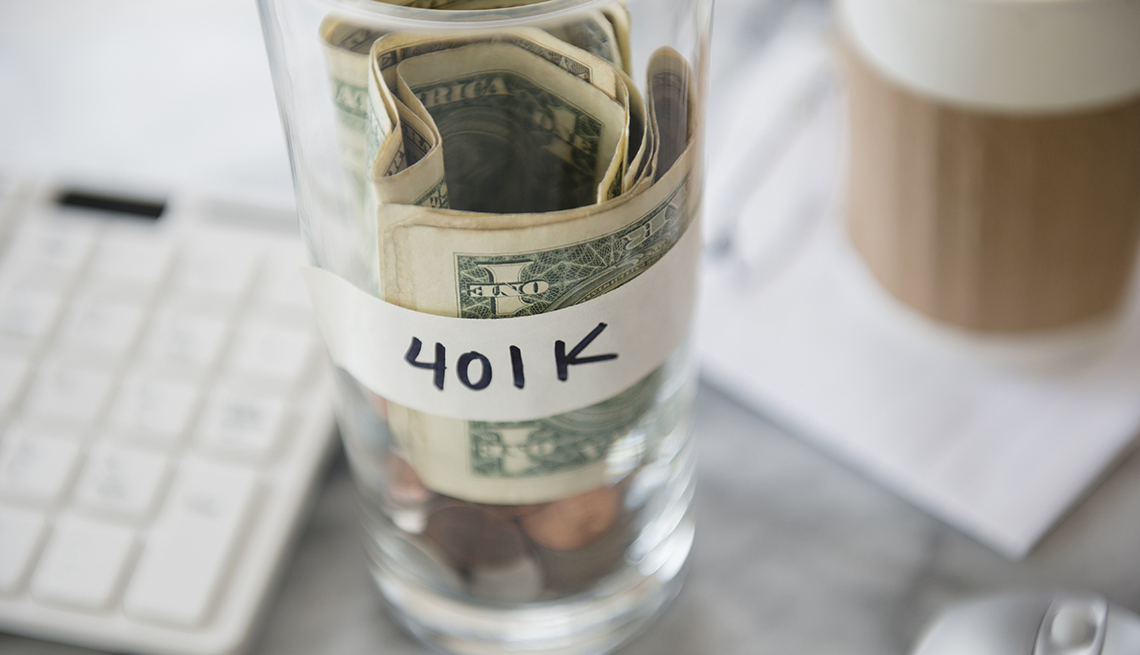Help! I'm 55 and Have No Nest Egg
Suze Orman's advice for those who put off saving for retirement
En español | I hear about it all too often: People wake up one day in their 50s and realize they’ve got nothing saved for retirement. “Suze!” they call out. “Is there anything I can do?”
Good news: If you’re in this situation, there is in fact a lot you can do to improve your retirement security. But it all comes down to strength of will. You have to commit to do everything in your power over the next 15 years to improve your situation.
As you read my advice, please catch yourself every time you say, “Oh, I can’t possibly do that.” I have a feeling that attitude is what got you to this point without any retirement savings. Enough. Please stand in your reality: Building more retirement security is both kind and necessary for you and your family. The more you’ll be able to support yourself, the less you’ll need to lean on loved ones, such as adult kids.
• Don’t kid around anymore. If you have children, they’ll always be the top priority in your heart. But that doesn’t mean you should ruin your retirement security to help them. If you don’t have any retirement savings, you’re not to borrow one penny for a child’s college education. Nothing, do you hear me? Your child can attend a state school and use federal student loans. And I have news for you: 10, 20 and 30 years from now, your kids will thank you for focusing on building some retirement savings. Every dollar you manage to save is a dollar they will not feel compelled to pitch in to help an older you.
Nor are you going to tap your home equity to pay for school. If you don’t have a retirement nest egg, you need to use your home equity for your future. Downsize today and you can invest your gain from the sale into retirement accounts.
• Avoid touching Social Security until you’re 70. As I explain in "70 Is the New 65," If you’re in good health, the best financial move you can make is to delay taking your retirement benefit until age 70. If you were born in 1960 or later, your monthly benefit at 70 will be 77 percent higher than if you start at 62, the earliest age to claim your benefit. I can’t think of another investment in the world that can live up to that guarantee.
• Don’t leave any money on the table at work. If you have a workplace retirement plan, such as a 401(k) or 403(b), and your employer offers a matching contribution, make sure you’re getting the maximum match. If you need to increase your contribution rate to earn the maximum employer match, do this ASAP. This is free money.
• Save in a Roth IRA. In "Invest the Tax-Smart Way," I explain why I like Roths so much. This year, assuming you’re 50 or older, you’re eligible to save up to $6,500 annually in a Roth IRA. I want you to push yourself hard to contribute that much. Seem impossible? That’s $125 a week—less than $20 a day. If you follow my advice about focusing on needs and not wants, I’ll bet many of you may be able to find $20 a day in savings.
• Keep investing for growth. It’s smart to become more conservative with your investments as you age. But even if you retire in 15 years, some of the money you’ve saved today will be used to support you 30 or more years from now. That’s why it’s important to keep a portion of your investments in stocks. Over time, stocks have historically produced gains that beat inflation.

